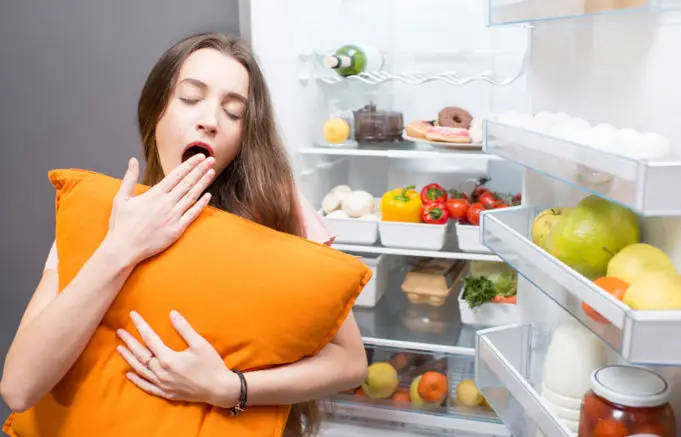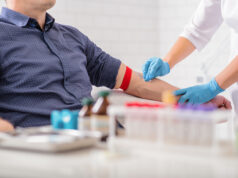A great diet and quality sleep are significant contributors to healthy living, and however, the intricate and crucial interactions between them are generally disregarded. Diet and nutrition may impact the quality of your sleep, and particular meals and beverages might make it easier or more difficult to obtain the rest you need. On the other hand, getting adequate sleep is linked to maintaining healthy body weight and can help those who are attempting to lose weight. Recognizing the links between sleep and nutrition opens up possibilities for improving both to eat wiser, sleep better, and live a healthier life.
The best diet for sleep
Nutrition is the backbone for humans’ overall health, and that includes even sleep. Therefore, various foods will affect our sleep patterns and quality. As a general principle, a balanced diet consisting primarily of a range of vegetables and fruits can offer the needed daily consumption of vitamins and minerals, resulting in improved sleep and a healthy weight. It’s difficult to perform research studies that definitively indicate a diet ideal for sleep since both sleep and nutrition are incredibly complicated and involve several interrelated physiological systems. Instead, it appears that getting appropriate nourishment without overindulging in unhealthy meals is the essential factor.
Having a sufficient intake of a wide range of vitamins and minerals, which enable practically all internal functions and processes, is a major role of nutrition. High-carbohydrate meals with high glycemic indexes can also impact one’s energy and sleep quality. High-carbohydrate meals are widely known for making people sleepy, and High-carbohydrate foods might also make it difficult to get a good night’s sleep. High carbohydrate consumption has been demonstrated to increase the frequency of nighttime awakenings and decrease the quantity of deep sleep9 you obtain. Frequent usage of energy drinks and sugar-sweetened beverages is linked to poor sleep quality, which comes as no surprise.
Sleep disorders are the cause of some sleeping issues. Obstructive sleep apnea (OSA), which causes decreased breathing and frequent overnight awakenings, is one of the most dangerous sleep disorders. Obesity is a major risk factor for OSA, implying that a poor diet that contributes to weight gain might cause or aggravate the condition.
Here are some of the nutritional tips to help you improve your sleep
Avoid caffeine, especially before bedtime
Caffeine increases adrenaline and blocks the creation of chemicals in the brain that instructs our bodies to sleep, making us feel more awake. Caffeine may linger in the bloodstream for up to six hours after consumption, which is why practically every sleep recommendation you read recommends reducing caffeine use in the afternoon and nighttime hours.
Avoid alcohol before bedtime
Because alcohol makes you fall asleep quickly, your body spends more time in the deep sleep state early in the night than it would otherwise. However, your sleep cycle returns, and your brain prefers to keep you in lighter sleep phases (such as rapid eye movement or REM sleep, which is when you dream) for the remainder of the night. The effect is that you will feel less rested the next morning after a night of excessive drinking or drinking too much too close to bedtime than you will on nights when you do not consume alcoholic beverages.
Avoid spicy and fatty foods close to bedtime
Spicy or fatty foods are more difficult for the stomach to digest than lighter foods (like bananas or whole grains). In addition, indigestion before night makes it more difficult for your body to relax and fall asleep.
Overall, limit your sugar intake
Overall, lowering your sugar intake, notably added sugars, is linked to improved health. It’s also possible that watching the sweet stuff can help you sleep better. Too much sugar in your diet affects your blood sugar levels, which affects your energy levels throughout the day. Sugar gives you a rapid burst of energy, but it also gives you a swift collapse. Those energy spikes and drops may cause you to grab for more caffeine, take unscheduled naps, or eat things you wouldn’t ordinarily consume, all of which might disrupt your sleep.












